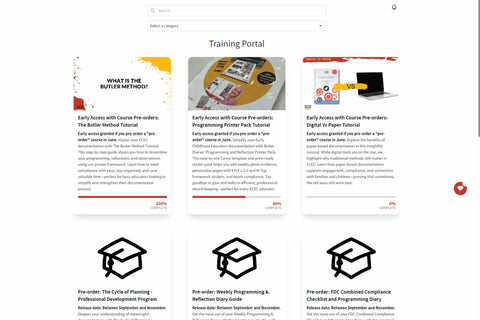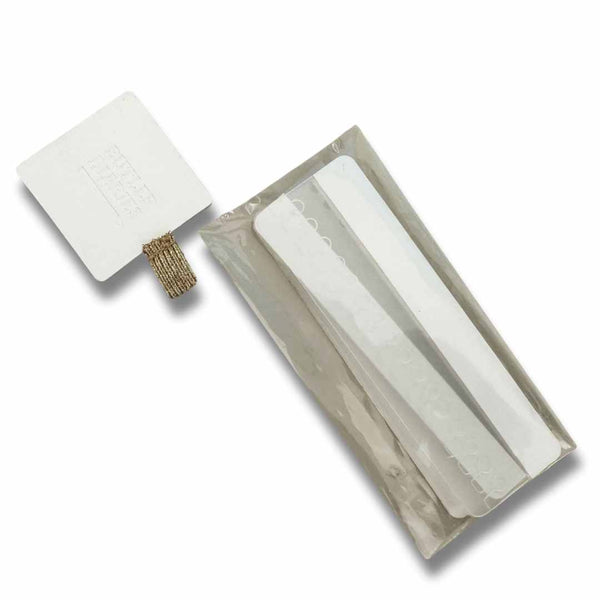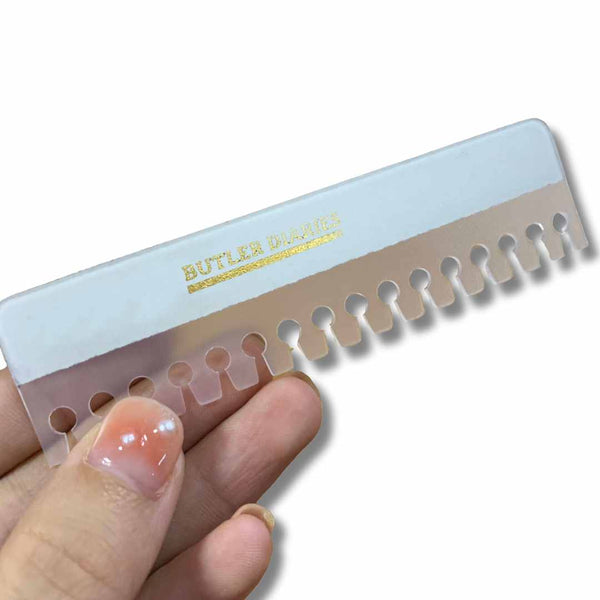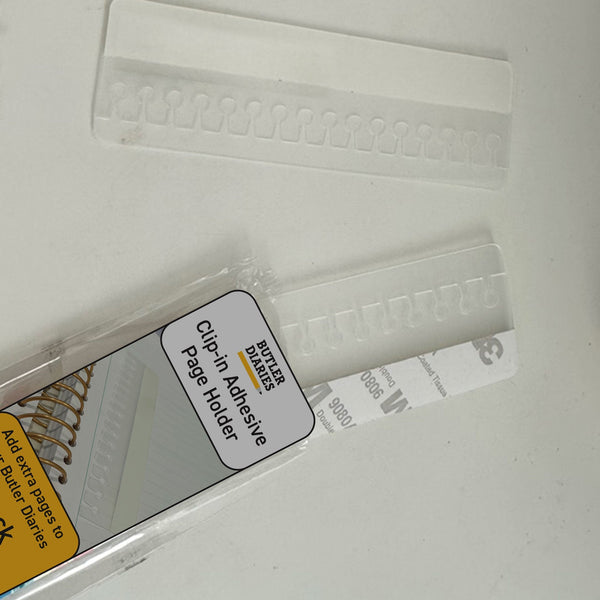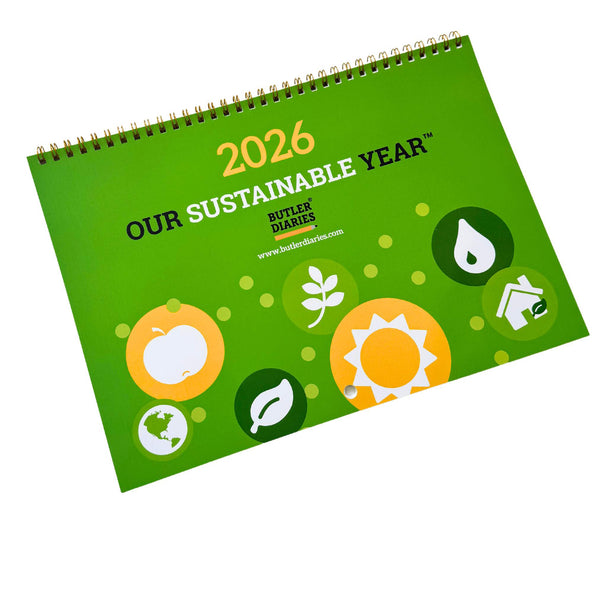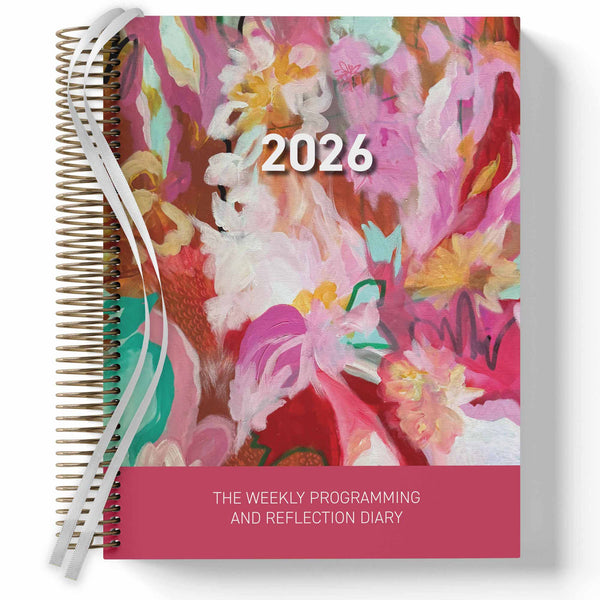As a tradie, changing jobs can be both an exciting and daunting process. Whether you're looking for better pay, more flexible hours, or simply a new challenge, navigating the transition effectively is key to securing the right opportunity while maintaining your professional reputation. Here’s a practical guide to help you make the leap successfully in 2025.
1. Know Why You’re Changing Jobs
Before diving into job applications, take time to clarify your reasons for leaving your current role. Are you seeking higher pay? Better work-life balance? More opportunities to grow your skills? Understanding your goals will help you focus your job search and negotiate more effectively with prospective employers.
2. Finding the Right Job
The job market for tradies in 2025 is evolving, with technology playing a bigger role than ever. Use these methods to uncover opportunities:
- Online Job Boards: Platforms like Seek, Jora, and Indeed are still valuable for finding tradie roles. Many now include virtual job fairs and AI tools that match you to roles based on your skills.
- Specialised Platforms: Industry-specific platforms, such as TradeSeek or BuildHire, can connect you directly with employers seeking tradies.
- Networking: Reach out to your professional network, including former colleagues and suppliers. Word-of-mouth is still one of the best ways to land a new job in the trades.
- Social Media: LinkedIn is increasingly popular for trades professionals. Keep your profile up to date and join relevant groups where employers post opportunities.
3. Polish Your Resume and Portfolio
Even as a tradie, having a professional resume is essential. Highlight your skills, certifications, and completed projects. Include:
- Licenses and qualifications (e.g., White Card, Electrical License)
- Recent work experience, emphasising responsibilities and achievements
- Photos of standout projects (with client permission) or links to your portfolio
Pro Tip: Use AI tools like resume builders to create a polished document that stands out to employers.
4. Giving Proper Notice
When you’ve secured a new role, handling your resignation professionally is crucial to maintaining your reputation.
- Follow Your Contract: Check your employment contract for the required notice period. It’s typically one to four weeks. If none is written, the general rule is 1 week per year you've worked for the company.
- Write a Resignation Letter: Clearly state your intent to resign, the effective date, and a thank-you for the opportunity.
- Speak with Your Boss: Wherever possible, have a face-to-face or video conversation to share the news personally before handing in your letter.
Remaining professional ensures you leave on good terms, which can be helpful if you need references in the future.
5. Negotiating Your New Contract
When offered a new role, carefully review the contract before accepting. Key areas to consider include:
- Pay Rate: Is it an hourly or salary arrangement? Does it reflect your experience and certifications?
- Benefits: Look for perks like tool allowances, vehicle use, or additional leave entitlements.
- Flexibility: Are there options for flexible hours or remote work, if relevant?
- Safety Standards: Ensure the company adheres to high standards in workplace safety.
- Career Growth: Does the employer offer training or opportunities for advancement?
If any terms aren’t satisfactory, don’t be afraid to negotiate. Employers often expect candidates to discuss their offers.
6. Plan for a Smooth Transition
Starting a new role often comes with a learning curve. Here’s how to make the transition seamless:
- Complete Outstanding Work: Ensure you wrap up any ongoing projects in your current job to leave a good impression.
- Prepare for Your First Day: Familiarise yourself with the new company’s policies and requirements. Gather your tools and any necessary paperwork in advance.
- Stay Open-Minded: Every workplace has its own culture and practices. Be adaptable and take time to adjust.
7. Build Your Skills for the Future
2025 is seeing rapid advancements in technology and sustainability within the trades. To stay competitive, consider upskilling in areas like:
- Smart home technology installation
- Renewable energy systems (e.g., solar panel installation)
- Advanced machinery operation (e.g., robotics in construction)
Many employers value tradies who show initiative in keeping up with industry trends.
8. Stay Connected
Keep your professional relationships alive even after changing jobs. Networking can open doors for future opportunities and help you stay updated on industry developments. Platforms like LinkedIn, trade associations, and industry events are great ways to maintain connections.
Changing jobs as a tradie in 2025 can be a step towards achieving your professional and personal goals. By approaching the process with careful planning and professionalism, you can transition smoothly and set yourself up for success in your new role.
Grab your Construction Diary to start your new job fresh and organised.

